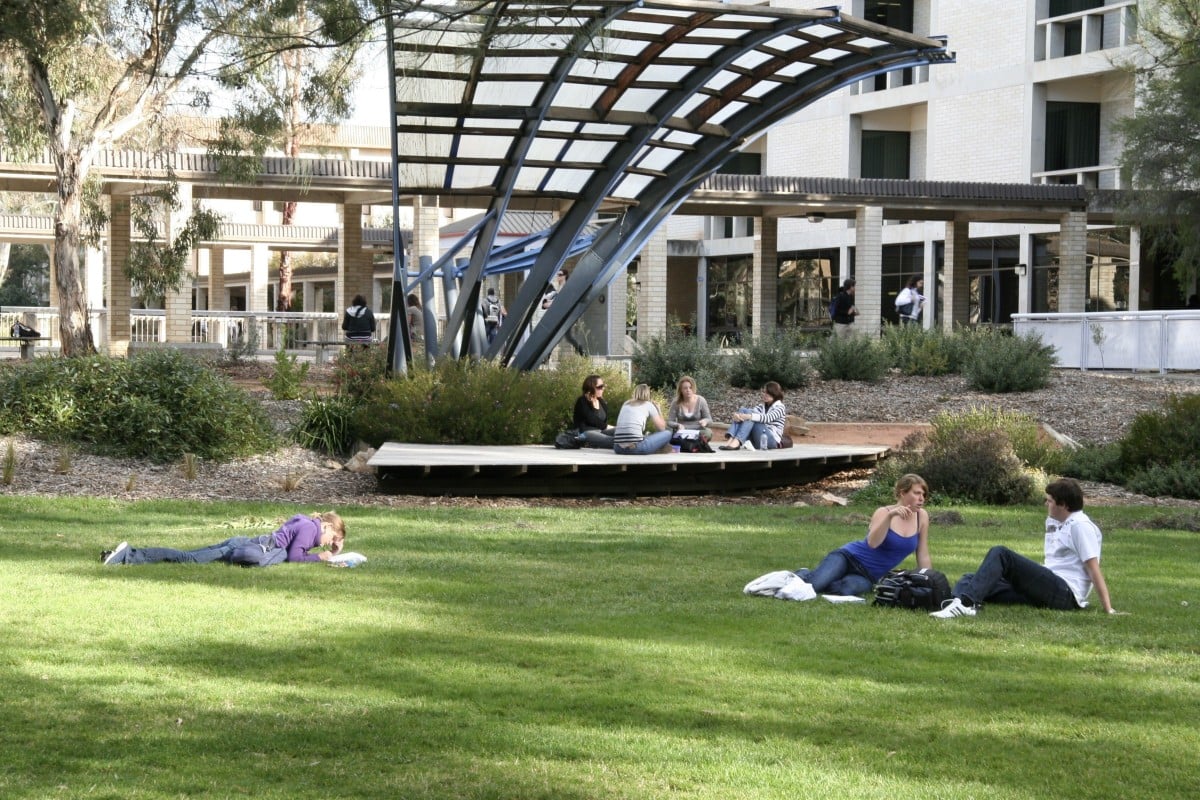 Hongkongers may face tougher university admission standards in Australia thanks to a planned cap on enrolment. Photo: SCMP
Hongkongers may face tougher university admission standards in Australia thanks to a planned cap on enrolment. Photo: SCMPTop Australian universities may make it harder for Hong Kong students seeking admission to obtain a spot according to the city’s education consultants. The move is expected if steps taken to limit the number of international students in the country prove to be successful.
Under the plan, the number of new enrolments in public universities, vocational education centres and other institutions would be limited to 270,000. The proposed change has left some Hong Kong parents and students confused about its potential impact on admission.
The measures are aimed at managing a surge in migration that has exacerbated the country’s tight housing market. Authorities also hope to improve the quality of education, according to Canberra. But the plan must pass the Senate before it can take effect.
Ava Ng Hoi-man, a senior education consultant with the Australian Education Association, predicted on Wednesday that admission requirements at popular universities located in city centres could become more strict.
“If students want to apply to popular universities, such as the University of Sydney or the University of Melbourne, which already have very high admission standards, their requirements could increase further under the proposal,” she said.
Hong Kong universities admit fewer students through Jupas system
Ng noted that of the roughly 100 Hong Kong students they assisted each year, about 40 per cent pursued studies in centrally located universities in Australia, while roughly 60 per cent enrolled in regional institutions.
According to education minister Jason Clare, the cap will be set at 145,000 for public universities, 95,000 for the vocational education and training sector, and 30,000 for other universities and higher-education providers.
Willy Kwong, general manager of AAS Education Consultancy, estimated that the new measures would result in higher entrance requirements for students seeking to enrol in postgraduate programmes at institutions within the “Group of Eight” (Go8) university grouping in Australia.
The group comprises the University of Melbourne, Australian National University, University of Sydney, University of Queensland, University of Western Australia, University of Adelaide, Monash University and University Of New South Wales.
He noted that of the students his company assisted each year, 51 per cent opt for Go8 institutions, while 41 per cent choose universities outside this group.
Kwong predicted that under a quota system, these institutions would likely prioritise undergraduates over postgraduate applicants, as the former studied longer.
But both consultants said the overall impact would be limited on Hong Kong students seeking to study in Australia.
Kwong explained there were relatively fewer Hong Kong students choosing Australia compared with other regions. They mostly signed up for undergraduate programmes and they selected from a wider variety of universities in the country compared with those in other markets, he said.
Still, he suggested students try to apply for their programmes earlier to secure a space before the measure was adopted, as well as select their universities based on their ranking in their chosen subjects instead of their overall placement.
The number of Hong Kong students pursuing higher education in Australia previously rose sharply after the country rolled out a bespoke pathway to permanent residency in 2021 for those who studied there.
Australia, as has Britain and Canada, unveiled tailor-made migration schemes for Hongkongers after Beijing imposed the national security law in 2020.
Hong Kong and British National Overseas passport holders who graduate in Australia and live there for three or four years with temporary graduate visas are eligible to apply for permanent residency.
According to data on international student visas for 2022-23 released by Australia’s Department of Home Affairs last year, 3,831 visas were granted to Hongkongers pursuing higher education, up from 3,000 the year before.
